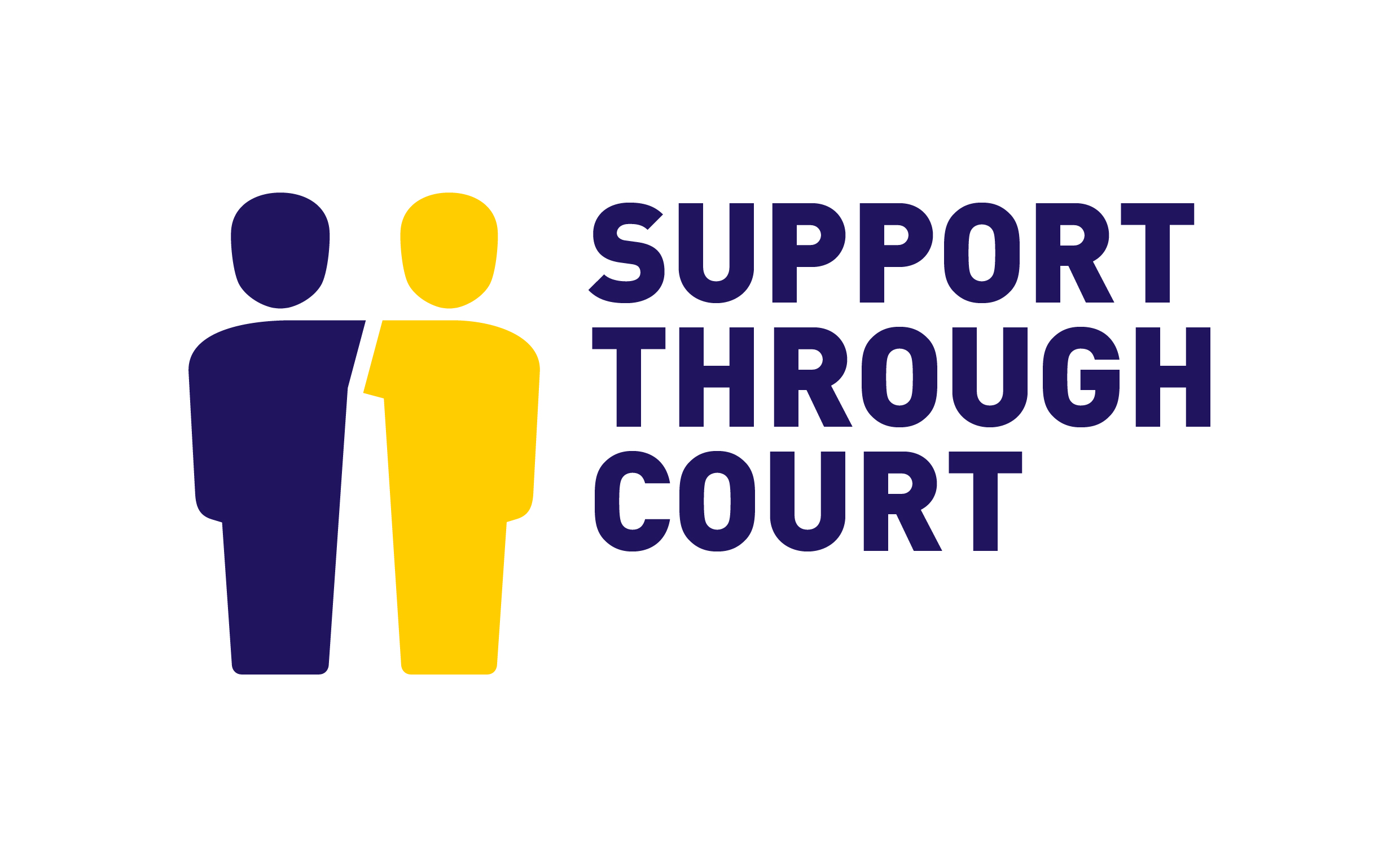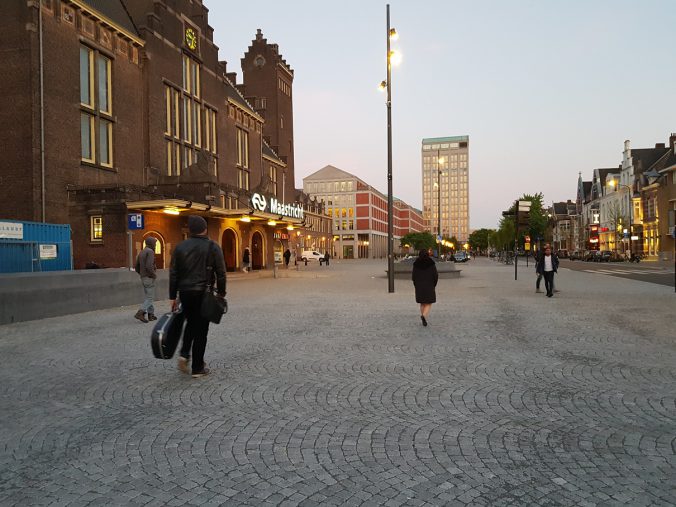 The main reason I chose Legal Clinic as a law module in my final year is because I really wanted to see law in action. With all my other law modules, my understanding of the law had been from reading about it in textbooks, rather than seeing it applied in practice. I always wanted to go into Law as a career, but I had never experienced what this would involve. Legal Clinic therefore offered something completely different to what I had been used to in my degree. One of the best things for me was there was a huge variety of the types of cases available to work on.
The main reason I chose Legal Clinic as a law module in my final year is because I really wanted to see law in action. With all my other law modules, my understanding of the law had been from reading about it in textbooks, rather than seeing it applied in practice. I always wanted to go into Law as a career, but I had never experienced what this would involve. Legal Clinic therefore offered something completely different to what I had been used to in my degree. One of the best things for me was there was a huge variety of the types of cases available to work on.
Over the year I did four cases in my team, and each one was completely different to the other. there was a case dealing with the alleged negligent conduct of a bank; an immigration case where the client facing deportation was seeking leave to remain to stay with their family; a property dispute surrounding the leasehold rights over a block of flats; and finally, a very sensitive family case concerning the contact arrangements for a child between divorced parents.
Although I was familiar with certain areas of law prior to the case commencing, the cases could be complex and required a lot more in-depth research. Certain issues would seem relatively straightforward on paper, but then quickly became much more complicated to resolve. For example, finding out the rules surrounding when a bank would be considered liable in negligence to their customer, or whether a leaseholder in the top floor of flats had property rights over the loft space. Though this made it challenging at times, I developed a much wider understanding of law which I would not have encountered doing my usual academic law modules.
The experience did push me out of my comfort zone at times. Leading an interview with a client is initially quite daunting, especially when you are discussing quite sensitive matters, such as with the family case interview where there were allegations of domestic abuse. However, I found interviewing clients not only gave me more confidence in interacting with clients generally, but it also gave me greater insight into the legal issues people commonly face. I became more aware of how many in the community lack access to legal support and information and how a lot of our clients were litigants in person who faced going to court alone.
So, although it was difficult when informing a client that unfortunately there was little they could do about their legal situation, especially when they had been through a lot of hardship, it was all the more rewarding when providing a client with advice which could make a real difference to their case. Overall, I liked how nothing was ever routine or predictable doing the cases for Legal Clinic; circumstances and issues would keep changing, and this kept it much more interesting for me.
Now that I have finished university, I feel the skills I developed doing the Legal Clinic module have benefited me in the workplace. Currently, I working as an intern for the Her Majesties Court & Tribunal Service and I feel, not only do I better manage the administrative and organisational aspects of the position, but I have more confidence in interacting with customers to resolve their issues. In the future I hope to practice law professionally, and I know these interpersonal skills especially will be hugely important in being a good lawyer and helping clients.
Written By:
Charlotte Pagett (Legal Clinic – Module Student 2019/20)





Recent Comments